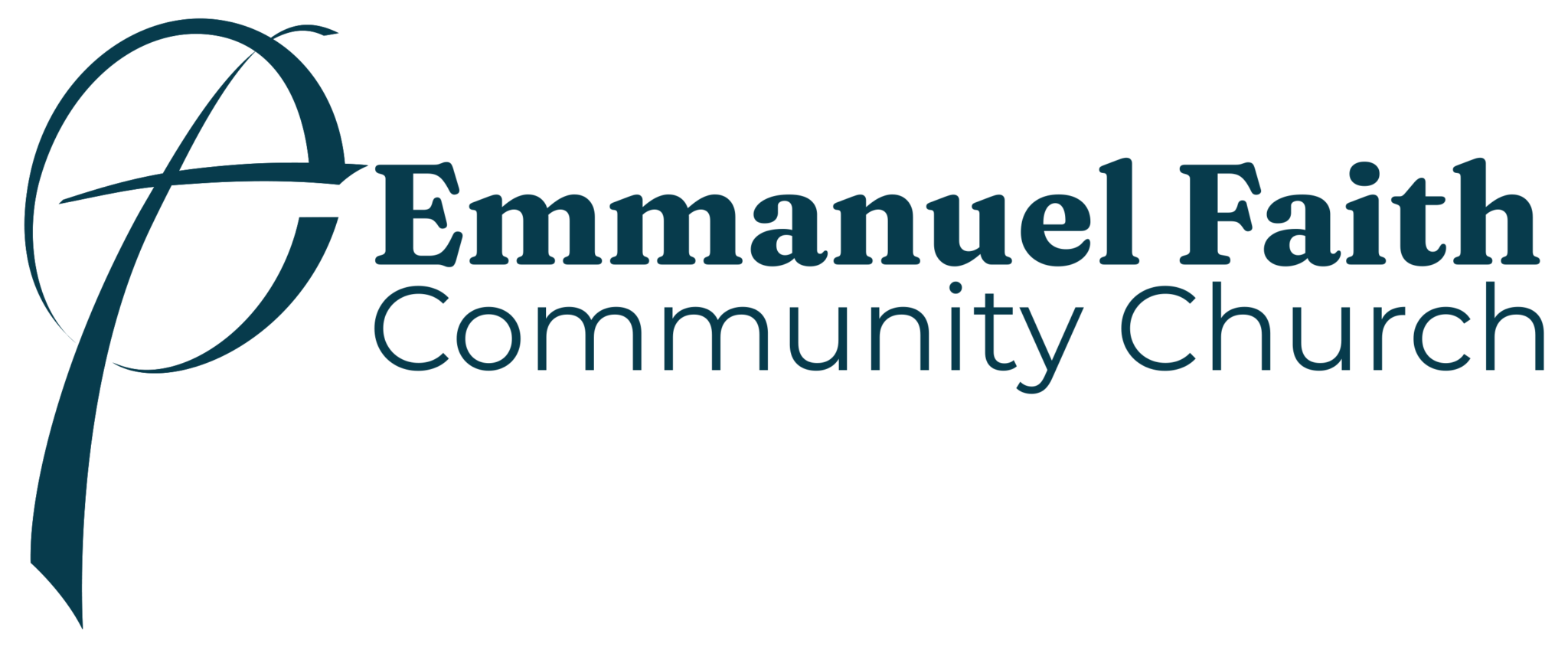/ˌkwid ˌprō ˈkwō/
noun
a favor or advantage granted or expected in return for something.
Those familiar and current with national, political news will know this to be a much used term a few months ago. Politics aside, it perfectly describes what is happening between Hannah and the LORD in 1 Samuel 1:11. As she finds herself in a place of deep desperation, she goes to a place of unique boldness. She attempts to make a deal with God, promising to give back to him the son he gives to her. And her action draws our attention to something that is (hopefully) part of all of our lives of prayer — that of making “bold asks.”
Like many of you, I’ve been a Christian for quite awhile. As such, I’ve prayed with a whole bunch of people, both privately and corporately. One thing that has always intrigued me is the penchant of some to tack on to the end of their prayers the little phrase “if it’s Your will.” Now, before you criticize me and send emails to our Lead Pastor, just hear me out for a second. Is there anything wrong with saying those four words in prayer? Of course not! Jesus said them (or something like them) two times in the Garden (but I would point out that he said them after he already knew what the plan was, not before). But for some people, and perhaps I am projecting here, I feel like adding those words — that phrase — is a way of taking the riskiness and boldness out of what they are praying, of hedging their bets if the answer doesn’t come back the way they wanted it to.
Now, am I suggesting that we should pray from a heart that is not submitted to the will of God? Of course not! I find no disrespect or lack of submission in Hannah’s request. Do you? What I do find, however, is a strong and straightforward request for something she wanted and desired (as opposed to something she needed). This is an important point. It is okay to pray boldly for things you want! God is okay with that! And, get this, there is a way to do it such that submission and boldness live together in peaceful co-existence and where you actually take a risk with God.
As we look at Hannah’s example (and consider why passage is in our Bibles) we can see that while quid pro quo may not be the best way to approach him, prayers rooted in risky boldness surely are.
What will you ask from him today?
Scott Smith
Pastor of Discipleship Ministries

